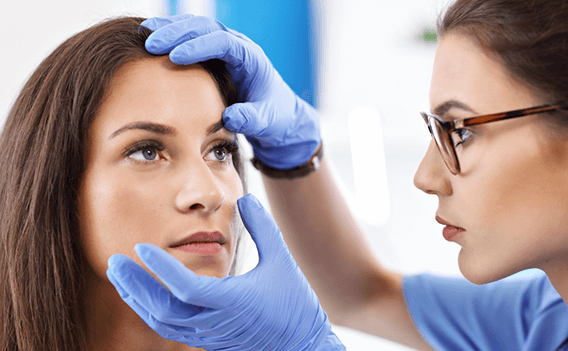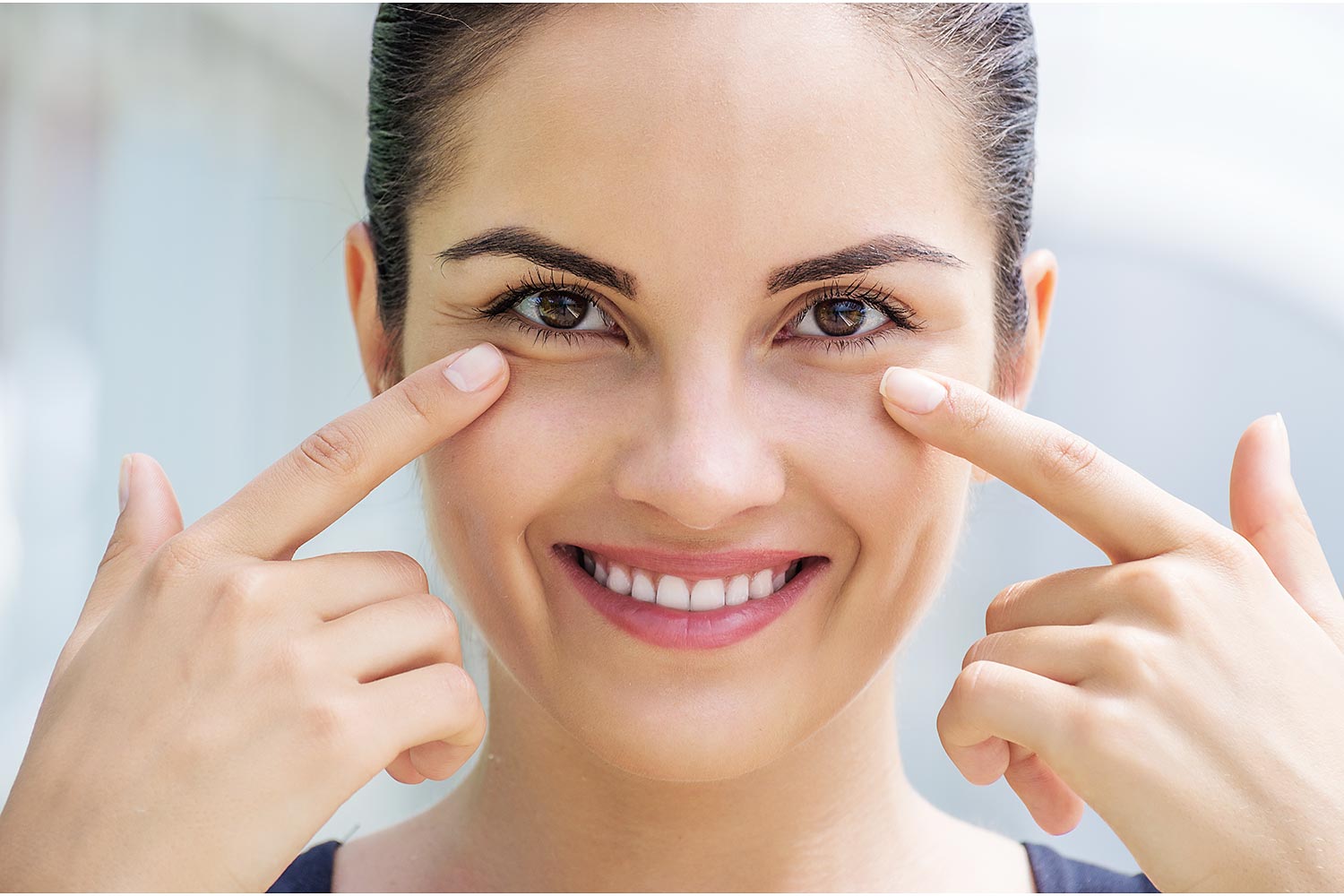Did you know that the eyes are the most important and sensitive organ in our body? And most of the information is sent to our brain through our eyes. Therefore, they need special care. And an optometrist plays an important role in diagnosing vision problems, treating and preventing diseases for eye. When you visit an ophthalmology clinic, the optometrist does a little research. He asks her about her age, profession and vision problems she is facing. He then conducts a comprehensive examination of your eyes, during the test; he diagnoses the condition of your eyes and other symptoms of diseases. If any symptoms are found, they will make a plan to control them or prevent the risks of eye disease.
Who can visit the optometry clinic?
People of all ages can visit an optometrist for a comprehensive vision examination and a prescription for glasses and contact lenses.
For children, an optometrist can help ensure the normal development of vision.
For adults, the optometrist plays a key role in updating recipes and detecting the first signs of eye disease.

How can an optometrist help you?
An optometrist performs a comprehensive eye exam to prescribe glasses and contact lenses and diagnose vision problems and their causes. In addition to this, the optometrist also helps determine:
- Strabismus: Crossed or rolled eyes are also called strabismus. To know that your eyes are working together, the examiner can check the alignment. Depth perception problems can be caused by squint and can lead to visual disorder.
- Amblyopia: The underlying cause of this problem could be a difference in the prescription of both eyes, or it could be because the eyes are rolling. In this state, the brain will start importing information into the healthy eye and disconnect the information from the blurred eye. The cause may be permanent visual impairment if left untreated, as amblyopia can delay the visual development of the affected eye. Amblyopia can be treated by wearing a stronger eye patch over time.
- Eye team problems: Chances are your eyes won’t work together as a team, even if they appear to be correctly aligned. Headaches, eye strain, and other problems cause binocular vision problems that affect your reading and other near vision tasks.
- Other eye conditions: Many diseases are usually unknown because they do not show any symptoms in the early stages. A doctor may examine your eyes, inside and out, for early signs by looking at the blood vessels, retina, etc. of your eye.
- Focus problem: Focus problem is the most common disorder in children. An optometrist can diagnose this problem with an eye exam.
When to visit an eye clinic?
As we said, most of us visit the eye lab when it gets worse. We must make regular eye examinations a must in our lifestyle. Since they not only help diagnose eye conditions, they also help maintain good eye health.

